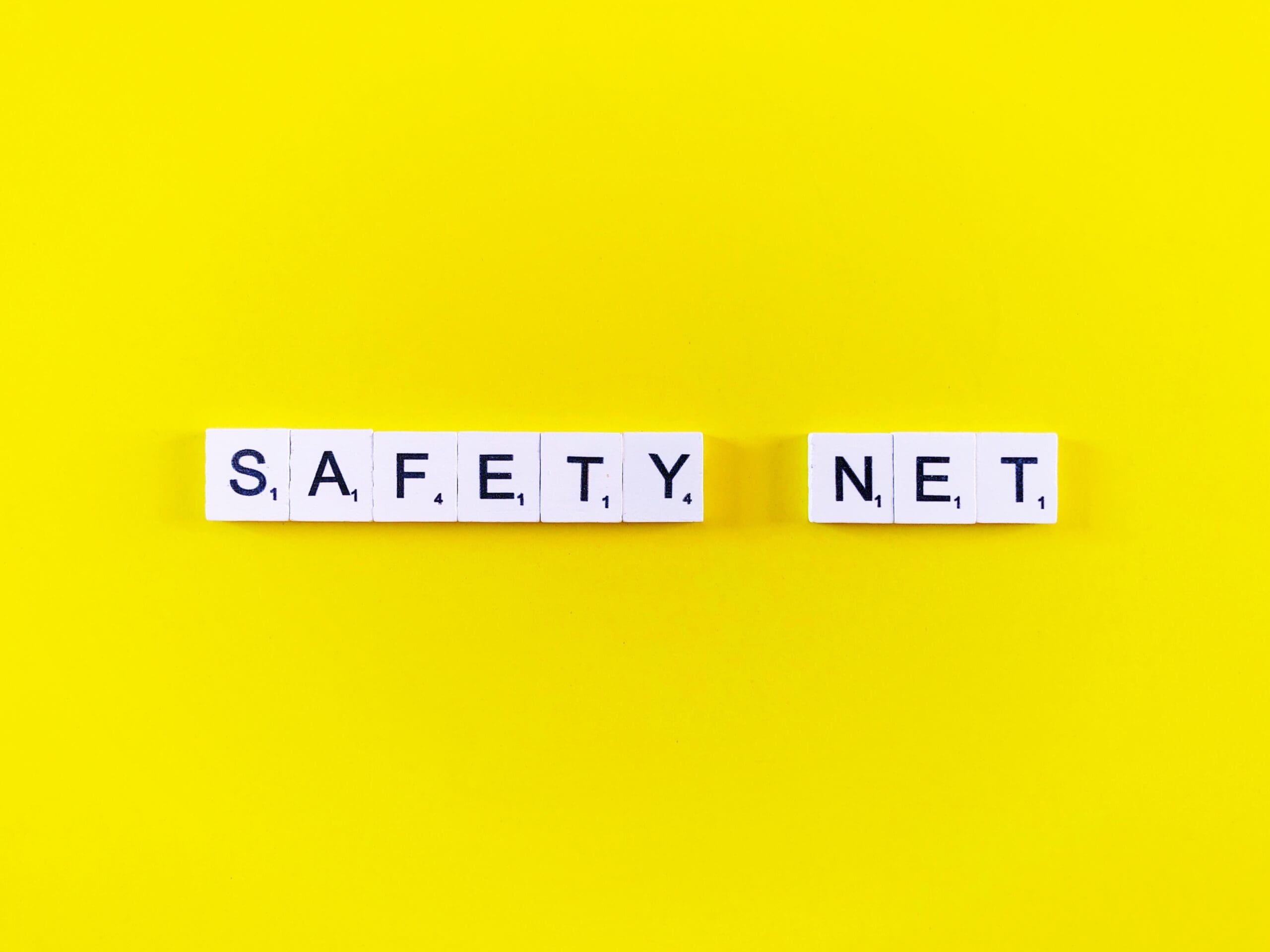By: Alexandra Willis.
See original post here.
This past week Business Unity South Africa (Busa) and Business Leadership South Africa (BLSA) launched an attack on the proposed basic income grant (BIG), taking the position that a BIG is unaffordable.
Busa and the BLSA, in a research paper they commissioned, state that raising taxes is the only “theoretically viable option” for South Africa to fund a BIG. Understandably, raising taxes gets conservatives up in arms.
But contrary to the research commissioned by Busa and the BLSA, and undertaken by market research and intelligence firm Intellidex, there are in fact eight financing options for a BIG, according to research undertaken by the Social Policy Initiative (SPI).
The materialisation of a BIG – or absence thereof – largely rests on political will.
In a press statement, Busa’s CEO, Cas Coovadia, cautions that “the BIG is not an allocation of funds for a few years, but rather a permanent decision that must be carefully considered as, realistically, it cannot be undone once implemented”.
Coovadia attacks the BIG proposal, saying that “any choice here on any funding front will simply not be available in future for other social wage policy choices, such as National Health Insurance and comprehensive social security reform”.
On the contrary, research by the SPI supports the position that a BIG could in fact supplement other means of social provisioning through universal public services – free education and healthcare, and subsidised public electricity, transport and mass housing.
Some people like to think that the debate around whether South Africans should receive a BIG or not is an ideological one.
Ideology, whether you’re aware of it happening or not, is (first) formed in the home and is either entrenched or overturned as you mature. That includes ideas that you believe about the role of the state – whether it is to play a minimalist role (the neoliberal view) or a full-on interventionist “nanny” role (far-leftist view), or somewhere in between. These are formed in your mind from the time you’re of school-going age.
If you’re middle class and went to university, you will remember ideologies being debated inside and outside the lecture halls. If you are part of the majority of this country, life happens, and arguments are seldom about words.
The far left in this country will have you believe that the call for a BIG is a radical one, but, on closer inspection, this really isn’t the case.
Not everyone can work in the formal economy and not every business owner has a formal education or parents to provide them with start-up backing, or can access credit. And this describes the majority of black people born in South Africa. who are hamstrung by the legacy of apartheid.
A BIG is no silver bullet to South Africa’s economic problems of poverty and inequality, but it would be a major step towards transforming the economy and empowering human beings.
A BIG would empower people by destigmatising grant recipients through scrapping the means tests for the old age pension, the disability grant and the child support grant.
A basic universal income grant could also empower people by, for example, providing start-up capital for an ambitious woman baking and selling vetkoek. And for someone else who is less driven, a BIG would enable them to buy the vetkoek from her (as well as other more nutritious food), thereby enabling the baker to profit and earn tomorrow’s ingredients, and the less ambitious person to survive.
A BIG is not disincentivising people from working, as some conservatives would have you believe. A BIG does not turn the state into a “nanny” answering to your every need and whim.
The reason is this: the grant money will never be enough for everyone to lead a decent lifestyle. People who depend only on grant money will always be poor, but they will have enough to survive.
Thus, the BIG would provide a dignity floor for all people in South Africa.
People who have ambitions could save their grant money and put it into skills development, or use it as venture capital.
Whatever people spend their money on is none of our business. But it is our business as South Africans to care about the people who are starving and living below the poverty line. It is our business to care about the underdevelopment of children’s brains due to stunted growth as a result of malnutrition, children who will never be able to complete school because they didn’t have access to food.
As South Africans, we can disagree on “politics” and on our views about what the duty of the state is and is not, but we should never be debating human dignity and the constitutional right of human beings to access food to be able to get by.
It is not a radical idea that human beings are human beings.




















